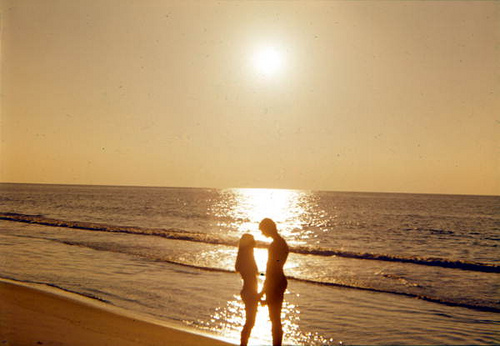I’m doing a little research into group work and assessment (remember, I teach at a UK university – Ravensbourne‘s Web Media BA program, to be exact) and reading David Boud’s “Enhancing Learning through Self Assessment” in preparation for another term of new units with some fresh (for me) exercises to get students assessing one another throughout the term.
I’d really like to get to the point where students know pretty well where they stand when the dust settles at the end of the term, so their marks are not a surprise at all. A lot of this involves being more communicative about what the assessment goals are and giving them continual feedback about the process over the course of the year. (Yes, I can hear the sound of your tired eyes glazing over)
What struck me as interesting tonight was a passage from Boud: “…transferrable skills are frequently those intended to improve economic competitiveness, such as communication and negotiation skills, decision-making, etc., not academic skills nor wider social skills such as friendship, altruism, generosity (Barnett 1994:45)” (Boud 1995:59). This struck a chord because we are having some collaboration issues with a specific year group of our students, and a lot of them tell me it comes from them not really having had a chance to bond and get to know each other.
In education, bonding is important, and friendship and empathy and the value of helping one another should really be part of the curriculum. Looking at what I’m doing, which is creating a more transparent process for students to take responsibility in group work, I’m struck that I’ve not brought the social and altruistic aspects of collaborating to the forefront, maybe because they’re so much a part of what I try to do (open source, open process) that I don’t pay attention to them anymore. On the Design course at Ravensbourne there is a mentorship scheme that brings together all three year groups and instills in them the importance of helping one another out, and the value they get out of it in terms of skills they learn, friendships they make, and potential future opportunities for collaboration that come up.
It’s part of the “hidden curriculum” and easy to forget when we just throw students together into groups and give them academic goals but leave the social skills up to them. Are students today at a social disadvantage because they’re so used to communicating virtually? Do we, as teachers, need to come up with more icebreakers and social scaffolding (there’ s a term…) in order to make up for that inexperience? Or am I just being an old man, thinking that kids today are so different than I was.
Maybe not – where is the room for meditation, attention, compassion, love, and life in academic life? I remember that being strangely absent from my college days (Cornell Engineering certainly never tried to fix me up on a date with anyone; pretty much just by joining a class with a 7:1 male-to-female ratio guaranteed that heterosexual love was a longshot).

